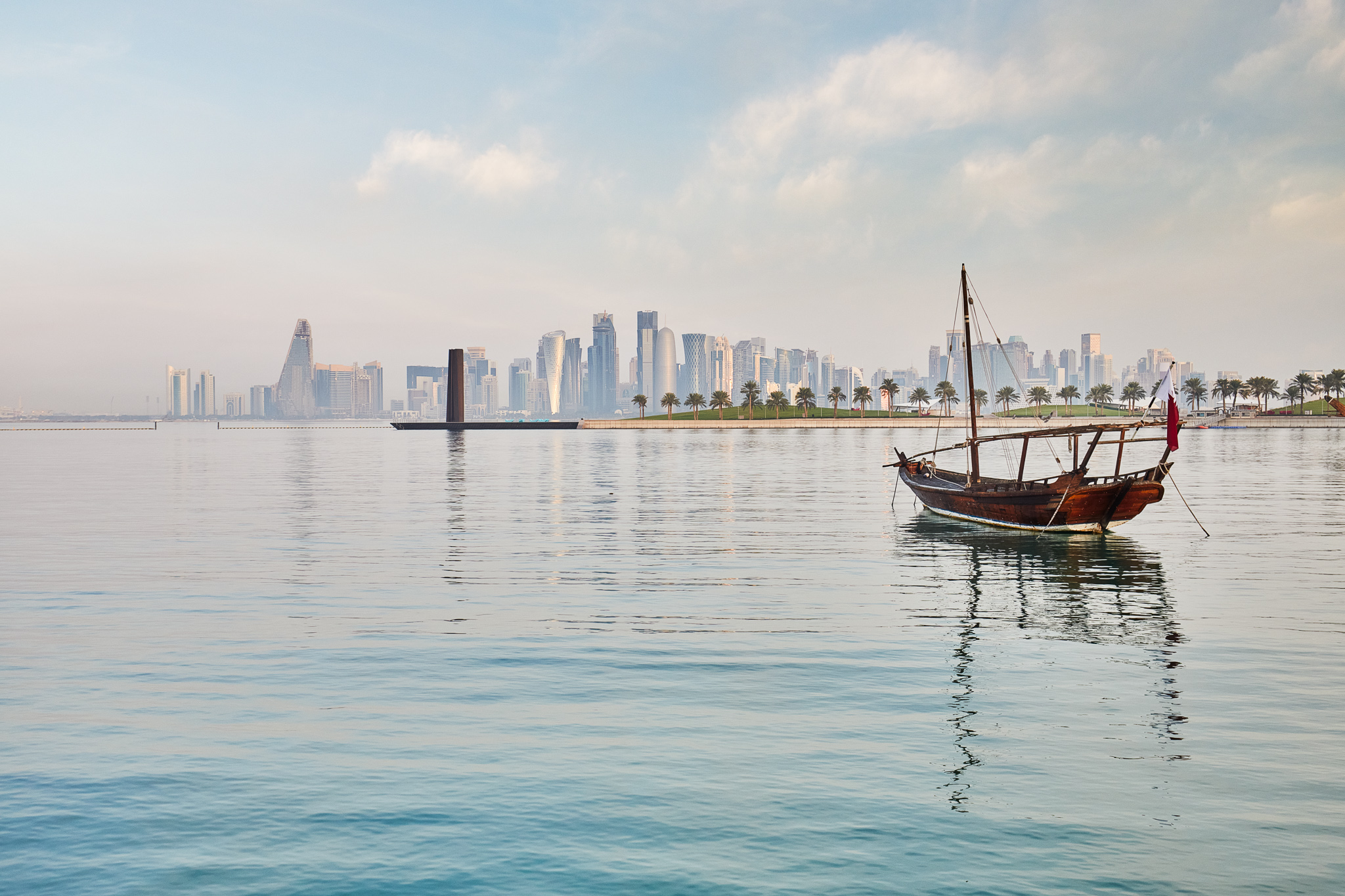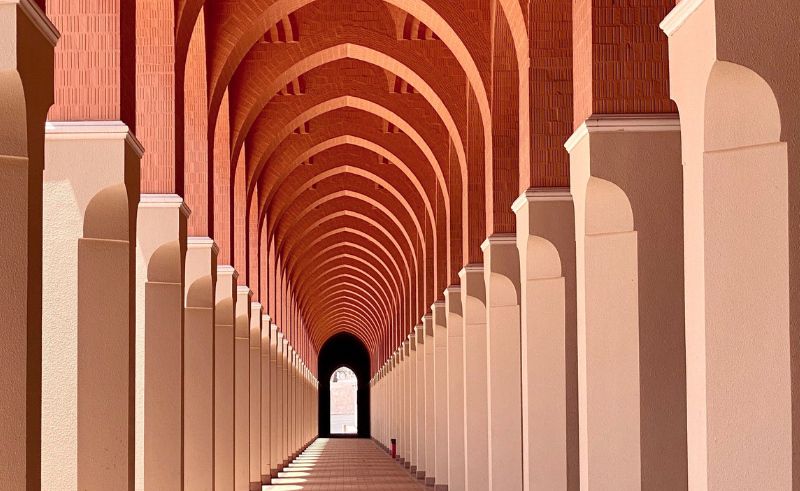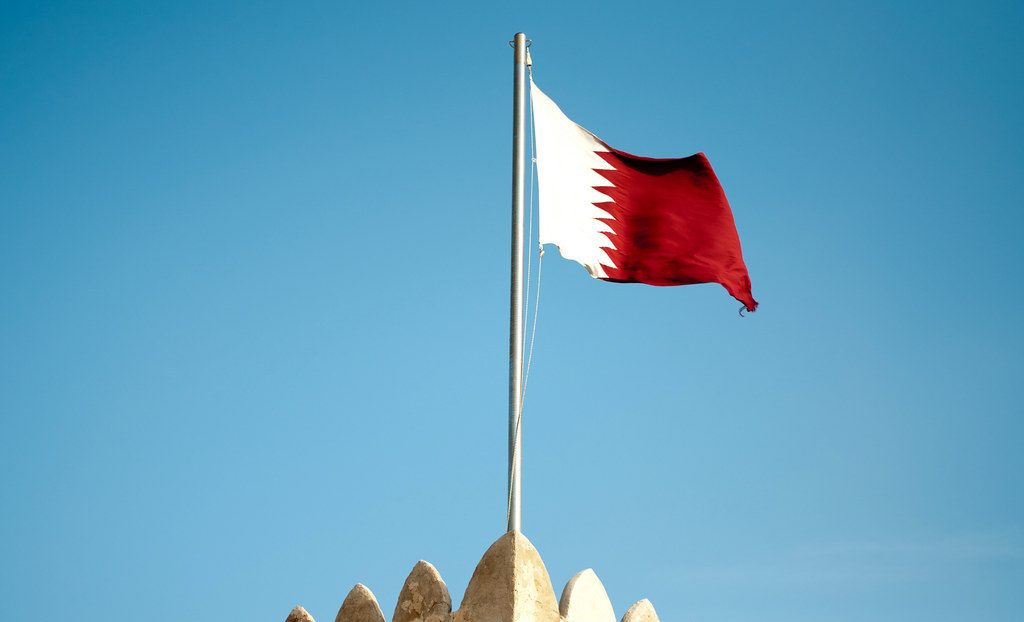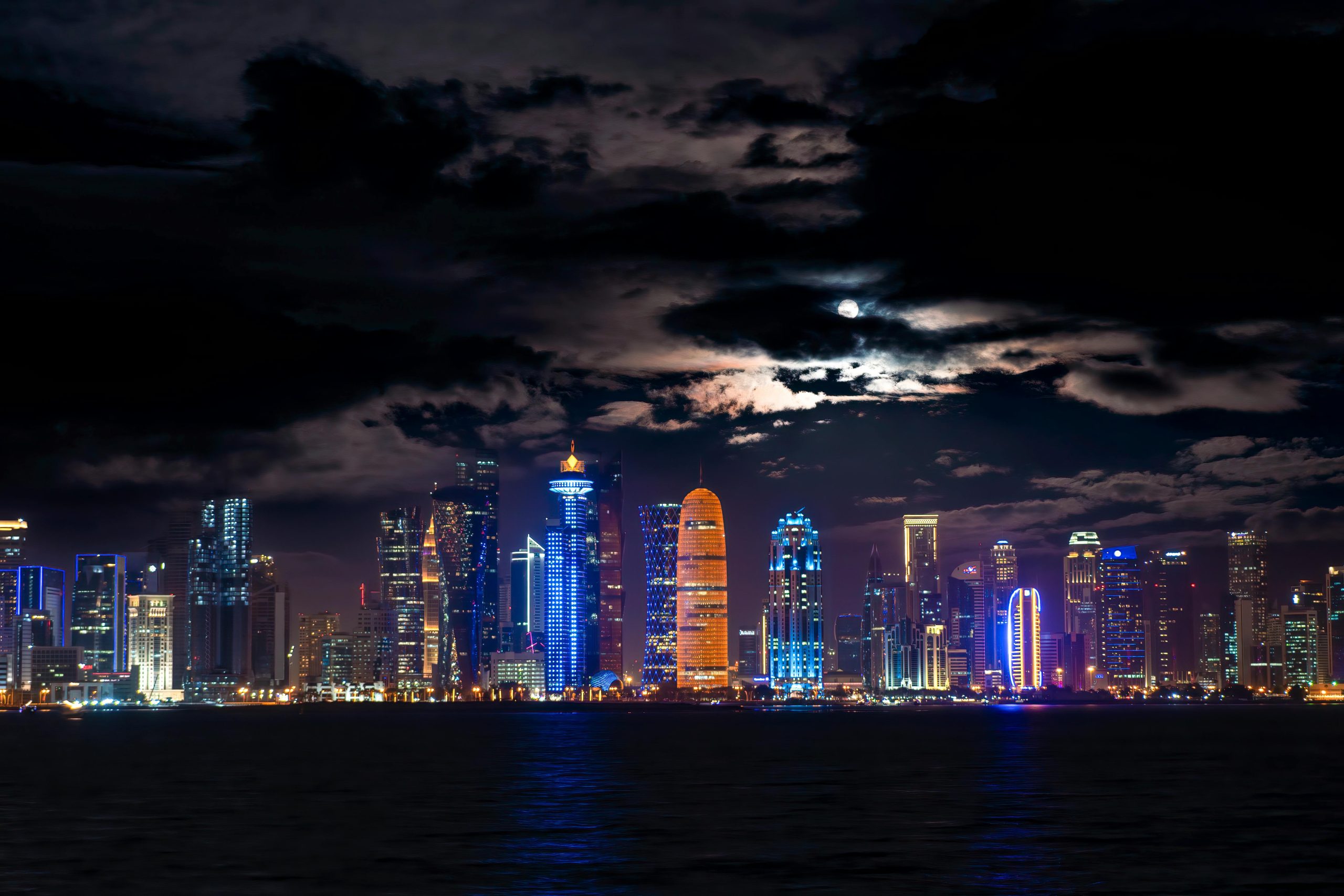
In response to a recent opinion piece by a Danish journalist who was detained and interrogated in Qatar last month, the country’s Government Communications Office (GCO) has shared its perspective on the matter with Doha News.
In a letter it first sent to Danish newspaper Politiken about the op-ed (which we republished in English), the GCO rebuts a series of claims made by journalist Niels Borchert Holm, saying he did not have permissions to film at Labor City and was violating workers’ privacy by being there. Here’s the full response.
I am writing to you about the recent article Interrogated in Qatar: Why are journalists so critical? published in Politiken on 13 May by Mr. Niels Borchert Holm, a journalist for the Danish Broadcasting Corporation.

In the article, Mr Borchert Holm omits a number of relevant facts about the visit he and fellow-journalists Rasmus Horskjaer and Mads Nielsen made to Qatar, and implies – falsely – that he had permission to film on private property.
We would like to see this article corrected so that a true account of Mr. Borchert Holm’s visit to Qatar is presented to the public.
The Government of Qatar would also like a formal apology from the State Broadcaster for the deliberate falsehoods contained in Mr. Borchert Holm’s article.
What happened
Mr. Borchert Holm first visited Qatar in March 2016 and sought accreditation for a follow-up visit to film Qatar’s football match against Hong Kong.
He also requested the opportunity to shoot generic “B-roll” footage. During this initial visit, Mr. Borchert Holm met with representatives of the Supreme Committee for Delivery and Legacy (SC), the Qatar Football Association (QFA) and the Government Communications Office (GCO).
The GCO advised M.r Borchert Holm on 24 March that it had secured accreditation for him to film the football match, but that there was not enough time to secure permission for him to film at additional locations in Qatar.
This was clearly explained to Mr. Borchert Holm via email on the 24th of March:
“Please note that without the correct QNA accreditation you do not have authorization to film at the additional requested locations. With your current accreditation, you are only authorized to film at the football game.”
The Government Communications Office did everything it could to facilitate Mr. Borchert Holm’s visit to Qatar in an exceptionally short time-frame.
During his initial visit, and in subsequent phone calls, the GCO also took the time to discuss Qatar more widely, the challenges it is facing, and the reforms it has pledged to undertake.

We note that Mr. Borchert Holm seems to have forgotten his first trip to Doha – which passed without incident – as well as the e-mail exchanges he had with the Government Communications Office regarding filming accreditation in Qatar.
On his second visit to Qatar, on 4 May, Mr. Borchert Holm contacted a number of Qatari agencies to arrange logistics relating to the Workers Cup football final.
He also asked the GCO to try to arrange a photo shoot of falcons flying, which proved impossible because falcon season had already ended.
But at no point during either his first or second visit did Mr. Borchert Holm request permission to film at a labor site or workers’ accommodation facility.
‘Trespassing’
Most of the labor accommodations in Qatar are owned and operated by private companies.
More important, they are the homes of our guest workers. Entering these facilities without permission is a violation of the workers’ privacy and a violation of Qatari laws preventing trespass on private property.
Mr. Borchert Holm was certainly aware of this, and could not have been surprised when security forces were called and he and his colleagues were detained.

Since Mr. Borchert Holm had never sought permission to film at an accommodation site, we can only wonder if getting arrested was not his intention all along.
In his article, Mr. Borchert Holm suggests that his arrest was evidence that Qatar “has something to hide” with regard to labor conditions.
In fact, the Government Communications Office has previously helped facilitate visits by journalists from the UK, France, and the international wire services to both old and new labor villages.

Reporters have been given the opportunity to meet with and interview workers, and to report the facts as they found them.
Journalists who have made visits like these have told us that they have “never seen openness like this anywhere else in the Gulf region.”
We sincerely believed we had developed a professional relationship with Mr. Borchert Holm and would have happily worked with him to secure the footage he needed.
Instead, Mr. Borchert Holm chose to invade the privacy and personal space of laborers in their homes, knowing full well that this was a violation of Qatari law.
What Mr. Borchert Holm did was unacceptable in Qatar – just as it would have been in Denmark – and we request that you amend Mr. Borchert Holm’s article to reflect the facts, and the actual events as they took place in Qatar.
Thoughts?
Editor’s note:
Holm is one of a handful of foreign journalists who have been arrested and questioned in Qatar in recent years while attempting to film labor camps. In a statement to Doha News, he said he rejected the notion that he and his team did not have permission to enter Labor City. He added:
“Preparing for our visit to Qatar, we had informed the relevant authorities of our intentions. The Government Communications Office (GCO), the Supreme Committee for Delivery and Legacy (SC), and the organizers of the Worker’s Cup were well aware of and had approved our plans in covering the final.
The organizers of the tournament even put us in touch with one of the finalists, whose representative told us in writing to ‘go to last entrance opposite Grand Mall and say you are visiting GCC accommodation, building 35. Tell them you are meeting me … Please call me with any problems.’
This is exactly where we were arrested. It is regrettable that the GCO is now making such unfounded claims about our preparations and intentions. We are journalists and had hoped to cover the Worker’s Cup as part of a documentary film about Qatar’s preparations to host the world cup in 2022.
I find it increasingly difficult to believe that our arrest and the GCO’s complaints are nothing more than a misunderstanding over formalities. However, if that is indeed the case, let me make a renewed appeal to the government to work with us, to invite us back to Qatar under different circumstances and let us report to the world how the 2022 World Cup is being prepared.
An appropriate first step would be to send us copies of the legal documents we were made to sign and return the recordings that were taken from us.”







